Desi ghee has been a favourite in most Indian households. It is an ancient remedy for cold, cough and soft skin, but in the last few years, the credibility of saturated fats like desi ghee has been debatable. Some believe that saturated fats are the bad fats but a growing body of research and most health experts agree that naturally occurring saturated fats such as desi ghee are actually good for your health.
One of the many benefits of Desi Ghee is it increases immunity in our body. Butyric acid, perhaps the most important element in ghee, has also been linked to the stimulation of T-cell production, which are the heavy-hitting cells of the immune system. In other words, ghee can supercharge your immune system in addition to all of its other health benefits. (reference)

Buy cow Ghee Online: Order Now. Free Shipping
Desi Ghee possesses butyric acid, which is one of the most beneficial short-chain fatty acids that the body needs. Butyric acid helps to decrease inflammation particularly in the gastrointestinal tract and is now a recommended dietary addition for some people with ulcerative colitis. Furthermore, ghee enemas have long been used in traditional medicine for treating inflammation of all kinds.
Desi cow ghee may be composed primarily of fats, but it also contains significant levels of vitamin A, E, D. Although many people think of fat as an unhealthy element to the diet, the body needs fat to function. Omega-3s (monounsaturated fats) are healthy forms of fat that can be found in ghee, in addition to other fatty acids like conjugated linoleic acid and butyric acid, both of which have positive health benefits in the body.
The impressive benefits of ghee include its ability to protect your gastrointestinal system, balance cholesterol levels, provide additional energy, reduce inflammation in the joints, eliminate certain allergy concerns, protect you from various chronic diseases, improve your eye health, and strengthen your immune system.
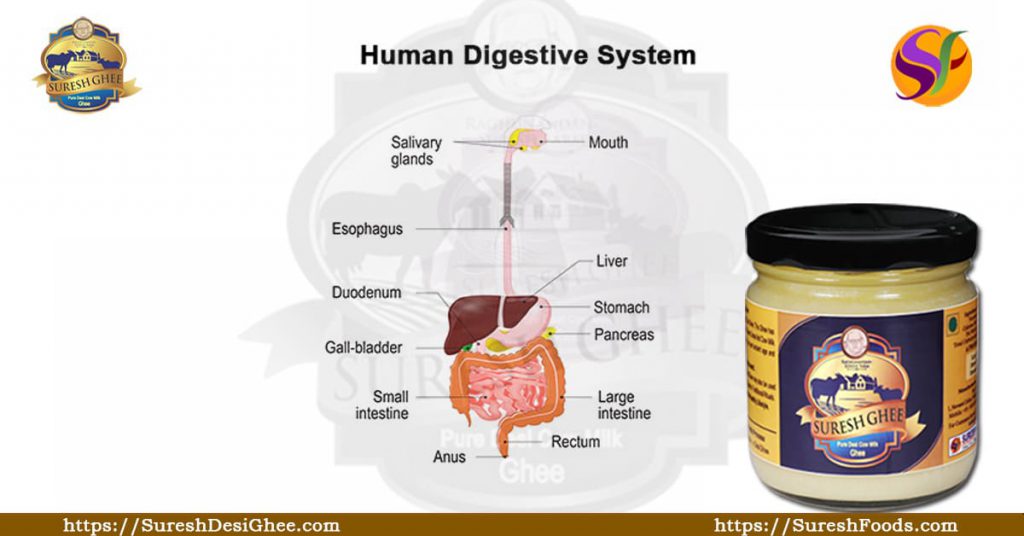
Due to Ghee’s powerful gut-health-boosting and detoxification properties, it is the immune system’s best friend as an immune booster (around 80% of your immune system lives on our gut). The immunity-boosting food also packs a powerful combo of anti-inflammatory and antioxidant benefits which promote an alkaline environment in the body, making it highly difficult for disease to develop.
What is the Immune System?
The immune system plays a crucial role to protect your body from any infection. When your body is occupied by bacteria, viruses, fungus or parasites, it undergoes a process of fighting the infection and then healing itself.
Whenever a particular infection invades your body, a person may be less likely to get the same disease again, as the immune system is made up of tissues, proteins, special cells, & organs. It defends people against germs and microorganisms every day. However, problems with the immune system or having weak immunity can lead to illness and infection.
Now, the question is – How to make the immune system strong or which is the food to increase immunity. The answer is Desi Cow GHEE is one of the sources of immune boosters. Therefore, ghee is considered to be immune-boosting food.
Parts of the immune system
The main parts of the immune system are:
- White blood cells
- Antibodies
- Complement system
- Lymphatic system
- Spleen
- Bone marrow
- Thymus
- White blood cells
White blood cells play vital roles in our immune system. They are made with both in your bone marrow and part of the lymphatic system. White blood cells are movable in blood and tissue throughout your body. When they recognize foreign invaders such as bacteria, viruses, parasites, and fungi, they launch an immune attack.
- Antibodies
As the foreign invaders or microbes produce toxins in the body. By recognizing substances called antigens on the surface of microbes. Antibodies mark these antigens for destruction. Other than antigens many cells, proteins, and chemicals are involved in this attack.
- Complement system
The actions done by this system are to complement the work done on antibodies. It is made up of proteins.
- Lymphatic system
The Lymphatic system is made up of lymph gland vessels, white blood cells. It is a network of delicate tubes through the body. The role of this system is
- manage the fluid levels
- attack to bacteria
- deal with the cancer cell
- Clear the intestine from extra fat
- Spleen
It is a blood-filtering organ, helps to destroy old or damaged red blood cells and also removes microbes. It creates disease-fighting components for the immune system.
- Bone marrow
It is the spongy tissue inside your bones. For carrying oxygen it produces red blood cells and fights against infection and blood clots.
- Thymus
It will help in filtering and monitoring your blood content. Also creates white blood cells and T-lymphocytes.
Signs of Low Immunity
Our immune system is our first and main line of defence against foreign bodies like bacteria and germs that can cause chronic diseases and ailments. Keeping our immune system balanced and healthy is important for a sickness free lifestyle. Here are some of the low immunity symptoms that are signs of a weak immune system.

Humans have Three Types of Immunity
# Innate immunity is considered to be the in-built body’s barrier to infection, which includes the saliva, tears, skin, the acid in the stomach, the mucus in the nose and the cells in the bloodstream which can help destroy bacteria. They are the first line of defence to prevent infection and for healing. These innate systems do not change with multiple risks & exposures to the same infection.
# Adaptive immunity is called the second line of defence. When the body fights & struggles with bacterial or viral infections, it can become immune to infections caused by the same organism. This helps the body to prevent the same infection in the future. Particular and specific types of blood cells can learn from exposure to infection. So in the future, they encounter that infection, these cells can remember it and mount a faster and stronger response.
# Passive immunity is also known as “borrowed” immunity and is obtained from another source and lasts for a short time. Antibodies found in a mother’s breast milk provide an infant with temporary immunity to diseases and it can help to protect the infant against infection during infancy.
FAQ
Ghee contributes as the ideal option for increasing ojas in individuals with vata/pitta prakriti. According to Ayurveda research, cow ghee not only balances the vata and pitta but also improves ojas. Individuals possessing a vata/pitta constitution are suggested to incorporate ghee into their routine, albeit in moderate quantities.
Cow milk and ghee are well-recognised as more sattvic—pure and purifying as compared to buffalo milk and ghee proceeds towards the more tamasic level, leading to dulling the senses. Furthermore, cow ghee tends to embrace all the five elements—ether, air, fire, water, and earth, characterizing the composition of ojas. Ojas, the subtle life force that is accountable for energy, vitality, and immunity, finds fullness in the elemental balance of cow ghee.
Including freshly prepared meals, whole milk, and a distinct combination of dates soaked within ghee proves highly efficient in building ojas. Creating a potent ojas-enhancing elixir includes dicing fresh dates, discarding the pits, and carefully pouring ghee over them. Ensure that the dates soak for a minimum of 2 weeks. Such an ojas-infused treat can be kept indefinitely in a dark cupboard, assuring the use of clean, dry utensils when reclaiming the dates. Furthermore, the remaining ghee, post-date consumption, can be utilized in baking endeavors.

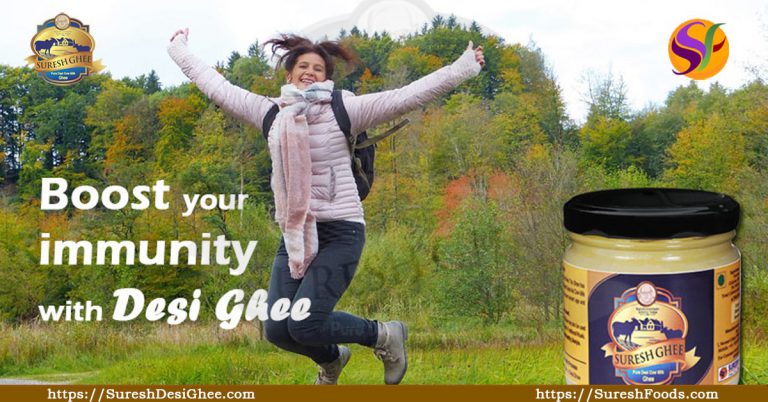

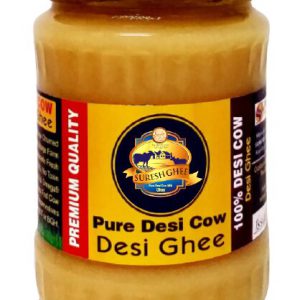
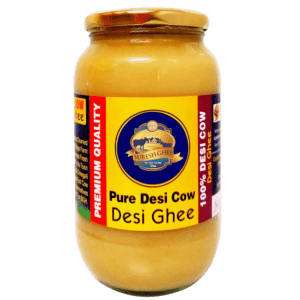
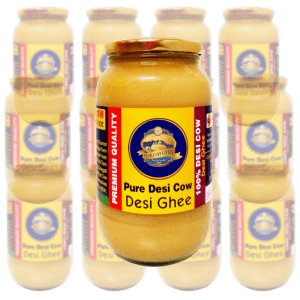
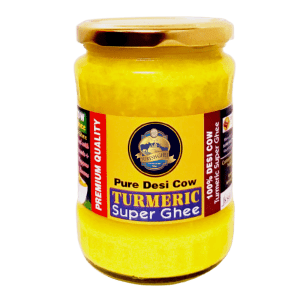
 WhatsApp us
WhatsApp us
Naveen m...